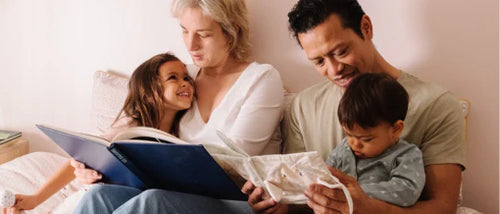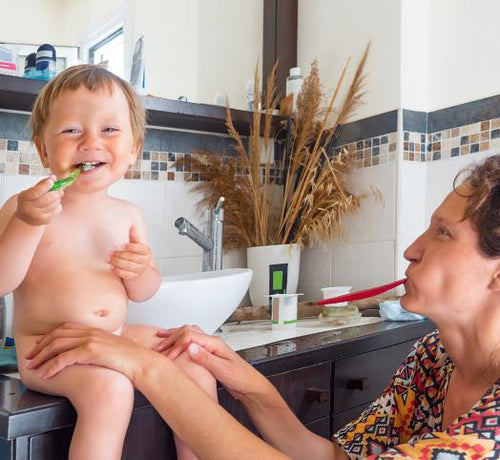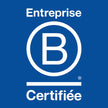Has your baby cut his first teeth? It's important to take care of it now! When it comes to dental hygiene, good habits must be adopted very early to avoid cavities and keep teeth healthy.
WHEN TO START? Babies' first wheeze generally appears around 6 months. From this moment, you can start to give your little one good habits: baby teeth are not safe from cavities! Morning and evening, pass a simple compress soaked in lukewarm water on his gums to clean his little piece of tooth.
Also get into the habit of brushing your teeth in the presence of your child: this way you can show them the right actions and they will quickly want to imitate you. From 18 months, give him his own toothbrush and start using it with him.
Around the age of two, you can add a pea-sized amount of toothpaste. Of course, his dexterity will be limited at first and he will probably just chew his toothbrush...
Let him do it, then finish gently yourself if he agrees to open his mouth: make small circular movements with the brush, paying particular attention to the area where the teeth emerge from the gums.
If he refuses, it is better not to insist too much so as not to turn him on: instead offer to help him again the next day. You will probably need to help out until age 5 or 6, when children are able to brush their teeth properly on their own. Get him into the habit of brushing his teeth at least twice a day, after breakfast and before going to bed: a good habit that he will keep for the rest of his life.
THE RIGHT EQUIPMENT TO GET STARTED Your baby's gums and teeth are very delicate. To avoid irritating them, choose a small toothbrush with soft bristles, specially designed for children under 3 years old. There are many models, often featuring children's favorite heroes: extra motivation to use it! Then remember to renew it at least every 3 months, and more often if the bristles are worn.
As for toothpaste, also opt for a paste adapted to your age: formulas for little ones contain less fluoride than toothpastes for adults. Avoid minty flavors, which often make children grimace...
Prefer a fruity taste: strawberries and raspberries win all the votes, sometimes to the point of making little ones want to eat them. If your child swallows their toothpaste instead of spitting it out, don't panic: this poses no health risk.
GOOD HABITS FOR HEALTHY TEETH Baby teeth have a thinner outer layer of enamel than adult teeth. They are therefore more vulnerable to cavities, which quickly worsen once established and require rapid treatment. To maintain healthy teeth, regular brushing is essential, but not sufficient.
Also give your child good eating habits: limit their sugar consumption, and particularly avoid sugary drinks. The bottle of milk or fruit juice that accompanies falling asleep is a habit that is harmful to the teeth and should be abandoned as quickly as possible.
In the evening, after brushing your teeth, you no longer swallow anything except water!




